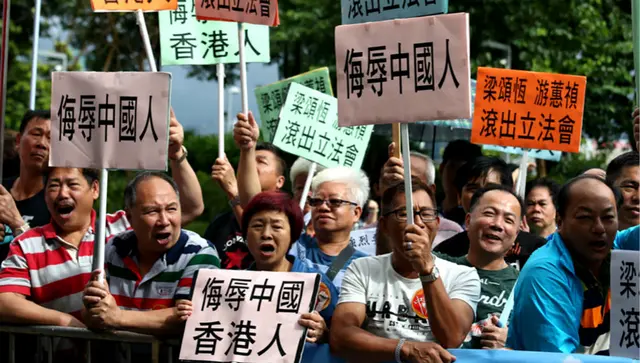The 25th ASEAN Summit and its related meetings kicked off here on Wednesday, when leaders from 10 Association of Southeast Asian Nations (ASEAN) countries gather here to discuss the future development of the bloc and meet leaders from regional and world powers to promote ties.
Myanmar, which assumes chairmanship of the group this year, has set the theme for its chair as "Moving Forward in Unity to a Peaceful and Prosperous Community."
Following are some facts about Nay Pyi Taw, the venue of the summit.
Nay Pyi Taw became the administrative capital of Myanmar in November 2005 when the government decided to start moving its ministries from Yangon, the commercial center of the country.
Its official name, which can be generally translated as "Seat of Gods" or "Abode of Kings," was announced on March 27, 2006 on the occasion of the country's armed forces day.
Situated in central Myanmar, it is 320 km north of Yangon, which had been the capital since the country's independence in 1948, and 302 km south of Mandalay, the second largest city of the country.
Like the rest of the country, Nay Pyi Taw has monsoon climate and normally three seasons: winter, which is from October to January, summer, from February to May and the rainy season, from June to September.
The official explanation for relocating the capital is to ensure effective administration over the whole nation, but foreign diplomats and analysts say the new capital also lies in a more strategic position that enables better monitoring of border regions as well as better protection of the country from foreign attacks.
The new city, which is made up of eight townships, covers an area of 7,054.37 square km, almost nine times the size of Yangon. But it has only a population of around 1.18 million, less than one- fifth that of Yangon, the 2014 Myanmar population census showed.
The capital is divided into a number of areas, including a restricted military zone, an area housing government ministries, two hotel areas and residential districts.
The majority of those living in the city are civil servants, and apartment houses are given to them depending on their ranks and jobs.
Foreigners, except those who visit on business and investment trips, were not allowed to set foot in the city before 2012.
Because of inadequate public transport, most people in the city travel by taxis, motorbikes or bicycles. Enditem
 简体中文
简体中文

